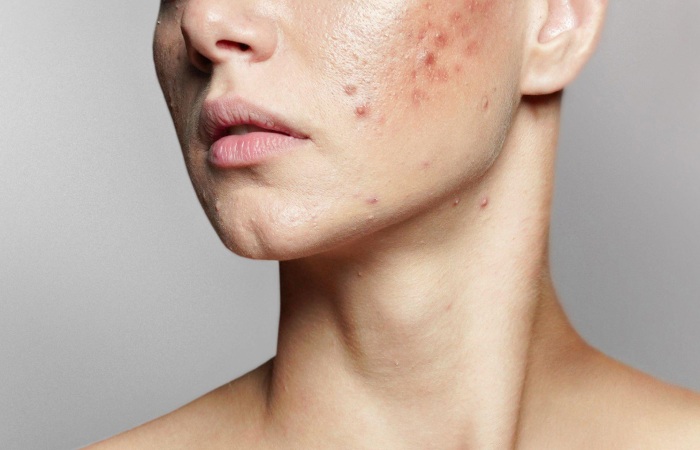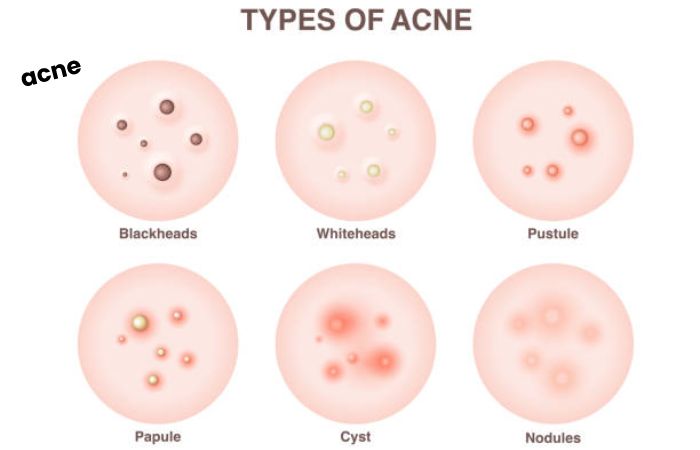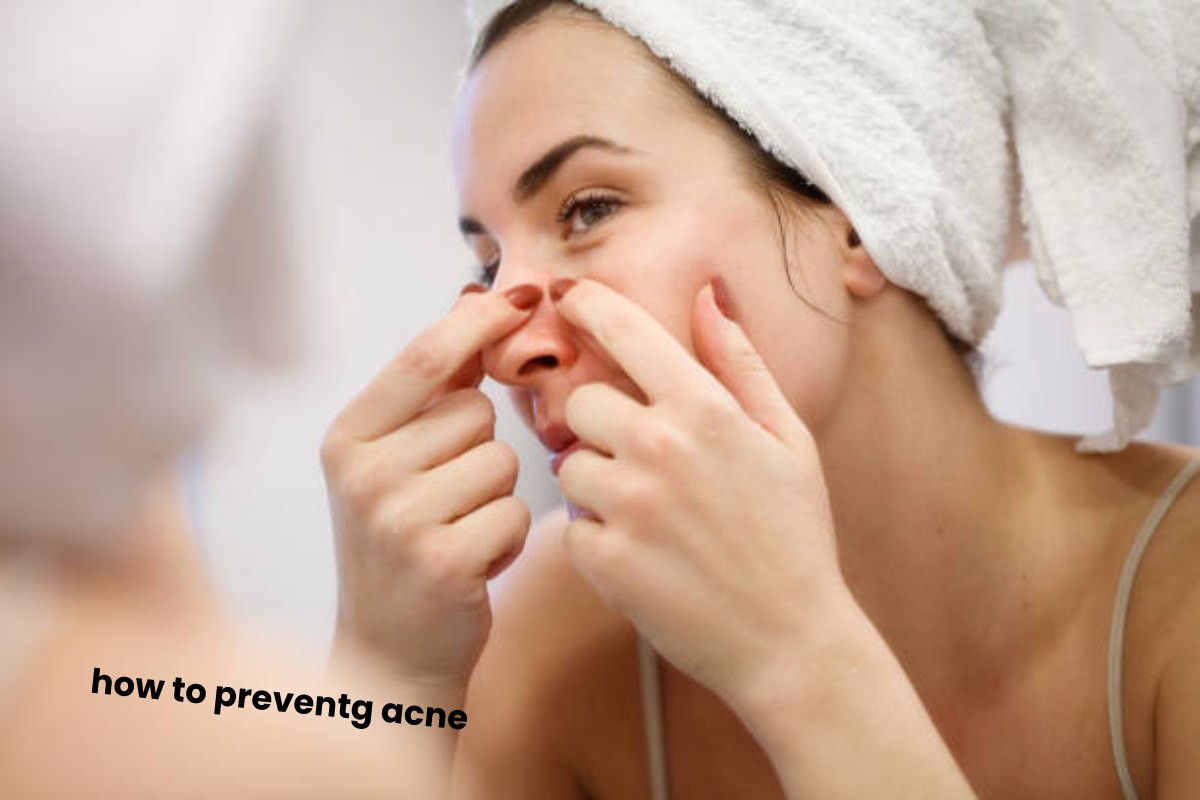Table of Contents
About
Acne – Blackheads, pustules, and papules are the undesirable companions of our adolescence for those who do not have the chance to cut them. And to get rid of it, some are ready for anything: intensive soaping, anti-imperfection mask, purifying balm, disinfectant gel, exfoliating scrub. But this arsenal can prove useless (even harmful) because acne is a chronic disease challenging to tame. In addition to following specific hygiene advice, treatments exist. Still, they can only alleviate the symptoms and are not immediately effective: at least two months are necessary before the first results are visible. Le Figaro takes stock with two dermatologists.
When it comes to acne, not everyone is in the same boat. Depending on the nature of the pimples, the surface of the affected skin, the patient’s age, and the psychological impact of the disease, the dermatologist must adapt the treatment. But even before moving on to medication, it is necessary to follow simple hygiene rules. “You have to clean without attacking, using gentle products and not detergents, explains Dr Marc Perrussel, a dermatologist at the University Hospital of Rennes. Once or twice a day is enough. And above all, do not touch the pimples because it creates wounds that can become infected and give scars afterwards.
Acne – What Is It?

It is a skin problem characterized by the appearance of pimples (blackheads, whiteheads, cysts, etc.) on different areas of the body.
Acne is the link to excessive sebum produced by the sebaceous glands. One can have acne on the face, neck, chest, shoulders, or back.
In people with combination skin, acne appears mainly on the T-zone of the face, namely the forehead, nose, and chin.
The Canadian Dermatology Association states that acne occurs “when hair follicles become clogged by an oily substance produced by the skin (sebum), dirt, and dead skin cells.”
The Different Types Of Acne
There are different types of acne pimples:
- Whitehead forms when clogged pores close. You can see the appearance of small white bumps, but there is no redness or swelling.
- Blackheads are clogged pores that no longer close and oxidize on contact with air and turn black.
- Red, swollen pimples are signs of the presence of bacteria. The skin around the pimple will then be red and sometimes painful.
- Cystic acne is where pimples are often painful and more profound in the skin.

How To Prevent The Appearance Of Acne Pimples
For starters, having a good skincare routine is essential. The recommendation is to cleanse your face twice a day, morning and before bedtime. On the other hand, here is what you should never do to your skin.
To do this, we use gentle cleansers adapted to our skin type. It is essential to go slowly so as not to attack the skin, which would stimulate sebum production. For the same reason, we avoid body soaps that could dry out the skin of the face.
Once a week, the skin is exfoliated to remove dead cells. You can also make yourself a clay mask or a scrub. However, care should be taken to space out these treatments not to irritate the skin. Here are five good face masks.
Savvy Naturalista
One can also receive facials at an aesthetic clinic to thoroughly cleanse and exfoliate the skin for deep cleansing.
Before going to bed, it is essential permanently to remove makeup and cleanse your face thoroughly in the evening.
Skin Hydration
It is also essential to moisturize your skin with non-greasy and non-comedogenic creams after cleansing the face before bed in the morning and the evening.
Makeup
When applying makeup, The application of non-greasy, oil-free and non-comedogenic products is to say, products designed not to clog the skin.
We also clean our makeup brushes well to avoid the proliferation of bacteria. And above all, we give ourselves days off from makeup to let the skin breathe a little.
Do Not Crush Or Pop Pimples
It is essential to avoid “playing” with its pimples, scratching them and causing them to burst. It makes them fatter and infects them more, and promotes the production of additional pimples. And that’s not to mention the scars or spots popping your pimples could leave on your skin.
Adopt A Healthy Lifestyle
Adopting a healthy lifestyle is also an excellent way to prevent acne. For example, we avoid smoking, get enough sleep and avoid prolonged exposure to the sun without sun protection. Indeed, the sun dries out the skin, which leads to a thickening of its superficial layer and a clogging of the skin’s pores.
What Are The Acne Treatments?
For example, essential oils with antibacterial or anti-inflammatory properties can be used, which are applied directly to pimples with a cotton swab to relieve inflammation and disinfect. One can also use lemon juice on the affected areas.
On the aesthetic side, you can hide these unsightly tiny pimples with a non-comedogenic anti-imperfection treatment or a little foundation.
In the case of severe, very widespread or hereditary acne, the recommendation is to consult a doctor or a dermatologist. It is also necessary to consult if the acne persists or worsens.
Health professionals are in the best position to find the causes of acne. If necessary, they will prescribe creams or medications more suited to your type of acne.
They can also advise you on treatments such as laser or microdermabrasion, which removes dead skin cells and reduces spots and scars.
Conclusion
How to face acne – Acne is one of many people’s significant issues. Mostly, teenage life is affected by acne due to hormonal changes. Proper care and treatments are the helping hands in preventing acne.

